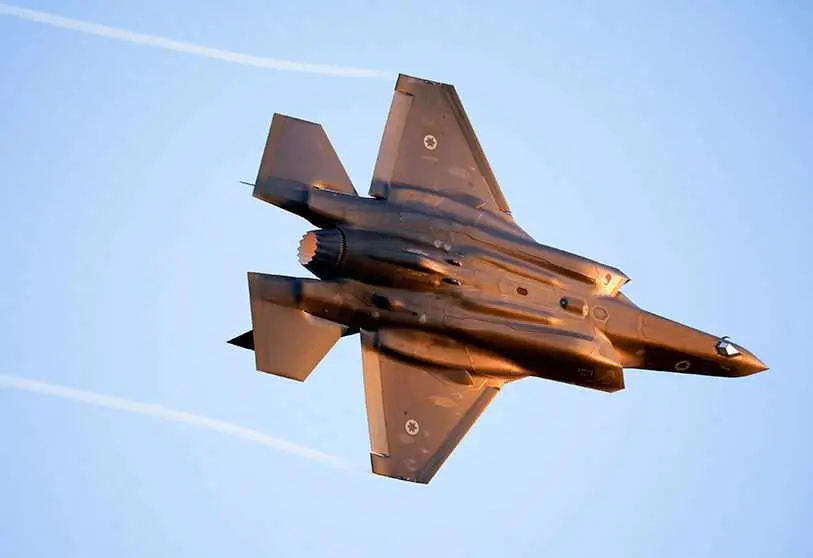Greece will get the F-35 aircraft that were to go to Turkey

The first six Lockheed Martin F-35A Lightning IIs manufactured for Turkey will finally be destined for Greece. On 27 October the Greek prime minister, Kyriakos Mitsotakis, announced a plan to reinforce the borders and the Greek armed forces, known as the Thrace Shield; this project will involve intensive general rearmament and includes the purchase of up to 20 US-made F-35A Lightning II units.
According to the media outlet estianews.gr, this initiative includes reinforcing the border guard, armoring the Aegean islands with missiles, acquiring four new French frigates, the possibility of acquiring two German submarines and the option of taking over the F-35s that were initially assembled for Turkey.
Following the recent visit to Greece by the US Secretary of State, Mike Pompeo, it was agreed that the European nation would launch a programme to purchase 20 F-35A fighters. The first six units have already been manufactured, and were the aircraft that Turkey was initially to receive as a member of the programme and as part of an order for the commissioning of 100 aircraft in total.
These six aircraft are going to be acquired by Greece in 2022 through a system of smart loans, the result of the agreement reached between Pompeo and Mitsotakis; this will enable the Athens executive to tackle the operation in financial matters, something which was certainly difficult owing to the economic situation of a country like Greece, which faces bond maturities in the coming years in relation to the nation's debt.
The change of destination of these US-made F-35 aircraft provides a further indication of the current geopolitical tension in the Mediterranean. The situation between Greece and Turkey is going through a period of hostility triggered by the Eurasian country's expansionism in the Mediterranean arc owing to its search for oil and gas resources in certain waters that are claimed as their own maritime borders by countries such as Greece and Cyprus. Turkish incursions with ships such as the Oruç Reis or the Yavuz have been denounced for penetrating other countries' economic zones; a scenario against which the Greek, Cypriot and European Union's own protests were raised.
In addition to this, the USA also has a tense relationship with Turkey, despite the integration of the Ottoman nation into the North Atlantic Treaty Organisation (NATO). This is due to the last approach of the country chaired by Recep Tayyip Erdogan to a country far away from NATO's orbit like Vladimir Putin's Russia. A major example of this rapprochement was Ankara's decision to purchase Russian S-400 anti-aircraft missile systems (designed to be able to attack targets such as the F-35) which, according to the American giant, could have led to the risky situation of sensitive information from the F-35s falling into Russian hands. Since then Turkey has been unofficially removed from the programme. The first six Turkish F-35As had already been manufactured and remained in the US, where Turkish Air Force pilots and ground personnel use them for training and preparation. Also, and despite everything, Turkish companies participating in the programme still manufacture parts of the F-35 for all users. Given the integration of industries and the specialisation of each component in the production chain, it has been very difficult to replace the production of Turkish parts, some as important as the central fuselage box, produced by TAI, as pointed out by aviacionline.com
Greece raised its voice on Sunday against a new warning to Turkish sailors (Navtex) about explorations by their seismic vessel Oruç Reis in the waters south of the island of Rhodes, an action Athens defined as illegal because it overlaps with the Greek continental shelf.
The Greek foreign ministry, for its part, protested against this new action in the waters of the eastern Mediterranean and announced that it would inform the allies and partners of the European Union and NATO.
"Unfortunately, with the issuing of a new illegal Navtex to carry out illegal seismic research from 1 to 14 November in an area within the Greek continental shelf, Turkey confirms once again that it continues to ignore the fundamental rules of international law," the ministry said.










